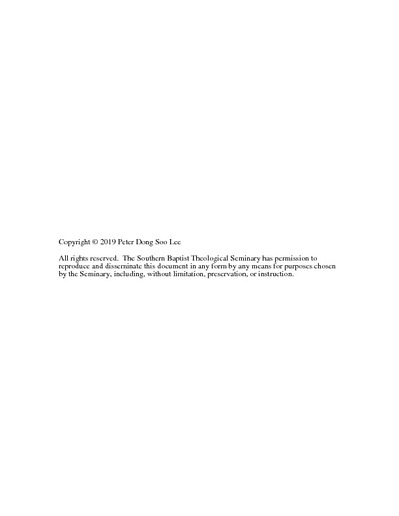| dc.description.abstract | The United States is a sovereign nation formed by immigrants from its very beginnings. Today, the U.S. is a nation proud of its diversity, formed of people of various backgrounds—race, nationality, education, religious background, or economic status. Nonetheless, we are also reminded that the U.S. is a larger community comprised of borders and laws for the protection and flourishing of its people. For many in the world, the U.S. represents a model country—not a perfect country, but a democratic country— where people from various parts of the world long to come with the hopes for a better life.
Consequently, immigration laws and the enforcement of the laws become a never-ending task. An essential job to those who legislate and enforce the laws is the integration of the moral components that undergird the shaping and exercising of immigration-related responsibilities. For that reason, the thesis of this paper examines the issues relating to illegal immigration. Using the theology of Dietrich Bonhoeffer, the paper attempts to uncover approaches to tackle this issue from a state, church, and individual Christian perspective.
Chapter 1 begins with an introduction to the paper as well as a case for the validity of nations and laws. It also provides a background on U.S. immigration, and the current issues relating to U.S. illegal immigration.
Chapter 2 introduces the theology of Bonhoeffer, beginning with the Lutheran two kingdoms thinking. The chapter then covers Bonhoeffer’s stance on individual responsibility, human rights, and the application of his theology on the Jewish question.
Chapter 3 attempts to reflect Bonhoeffer’s theology and ethics on the current state of the U.S. illegal immigration issue.
Chapter 4 ends the thesis with an overview of the impact of Bonhoeffer’s view on the state, church, and individual concerning illegal immigration. | en_US |

